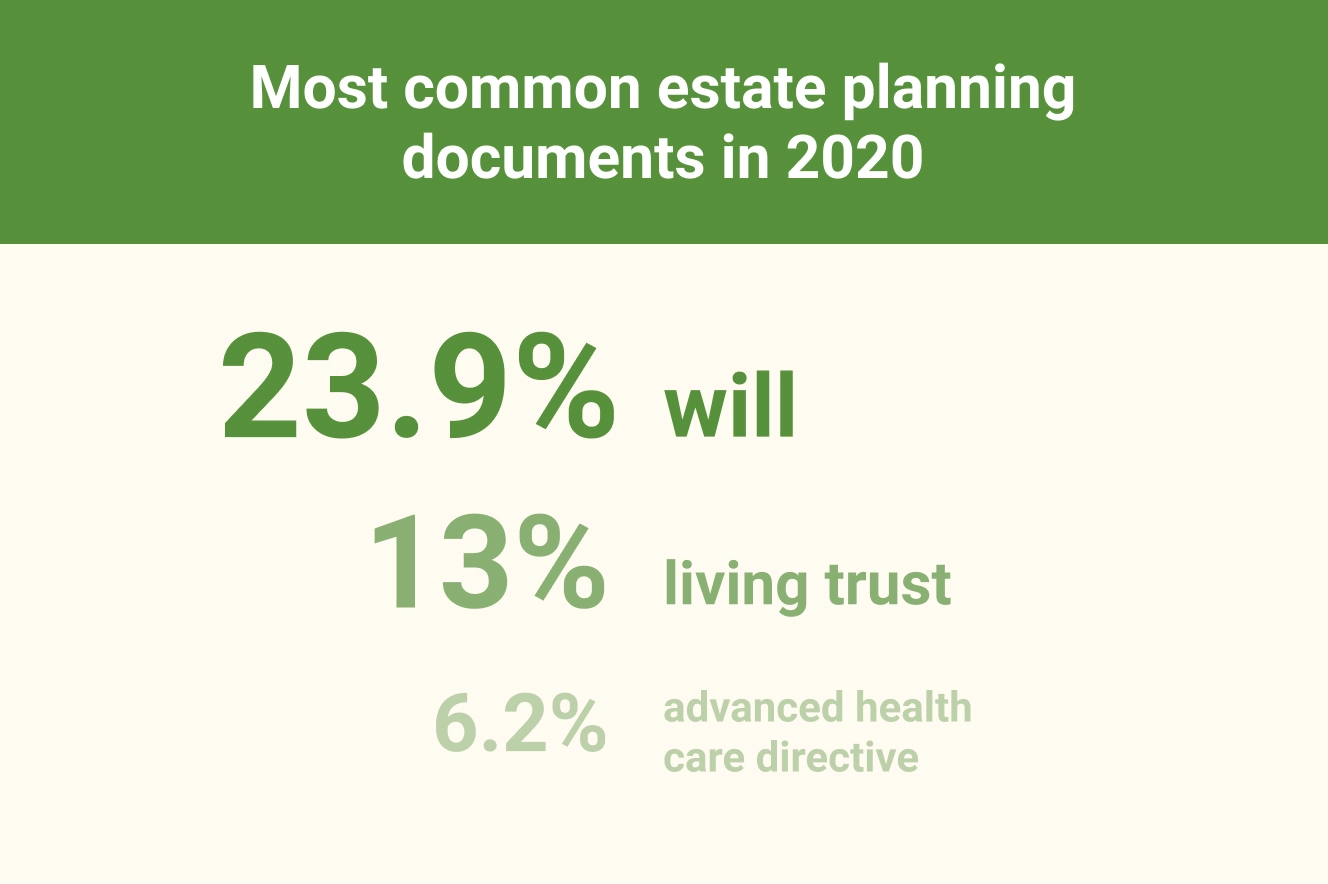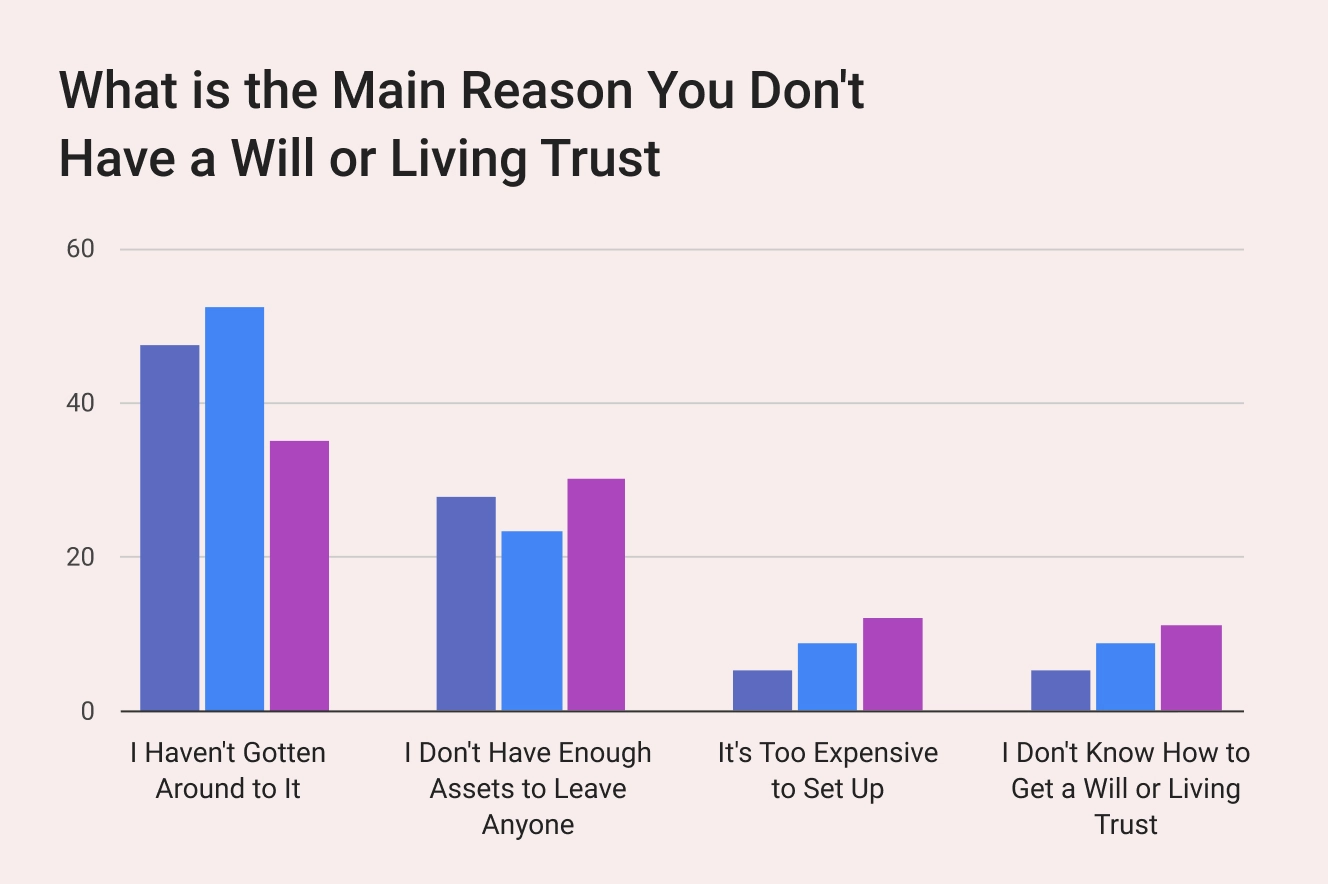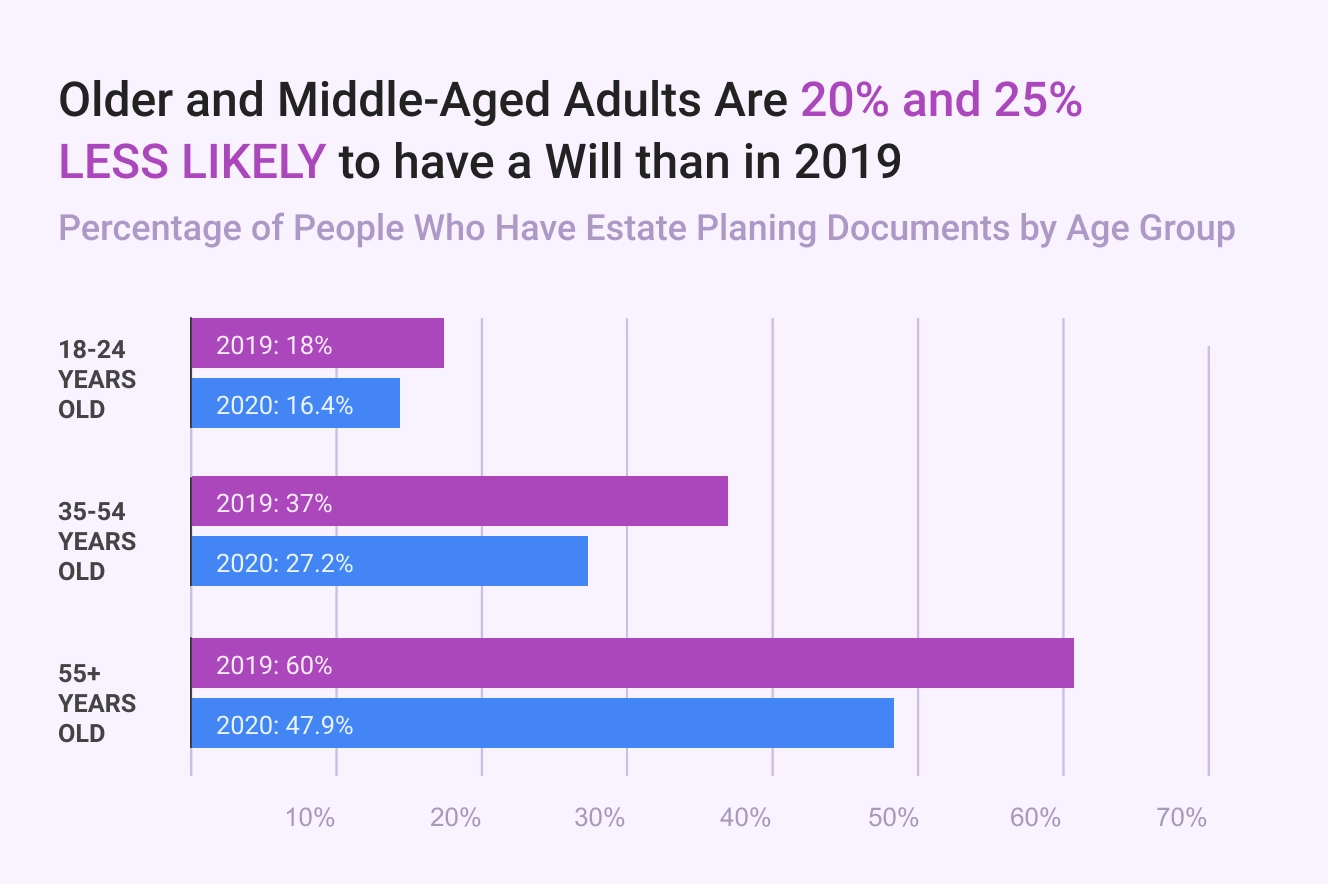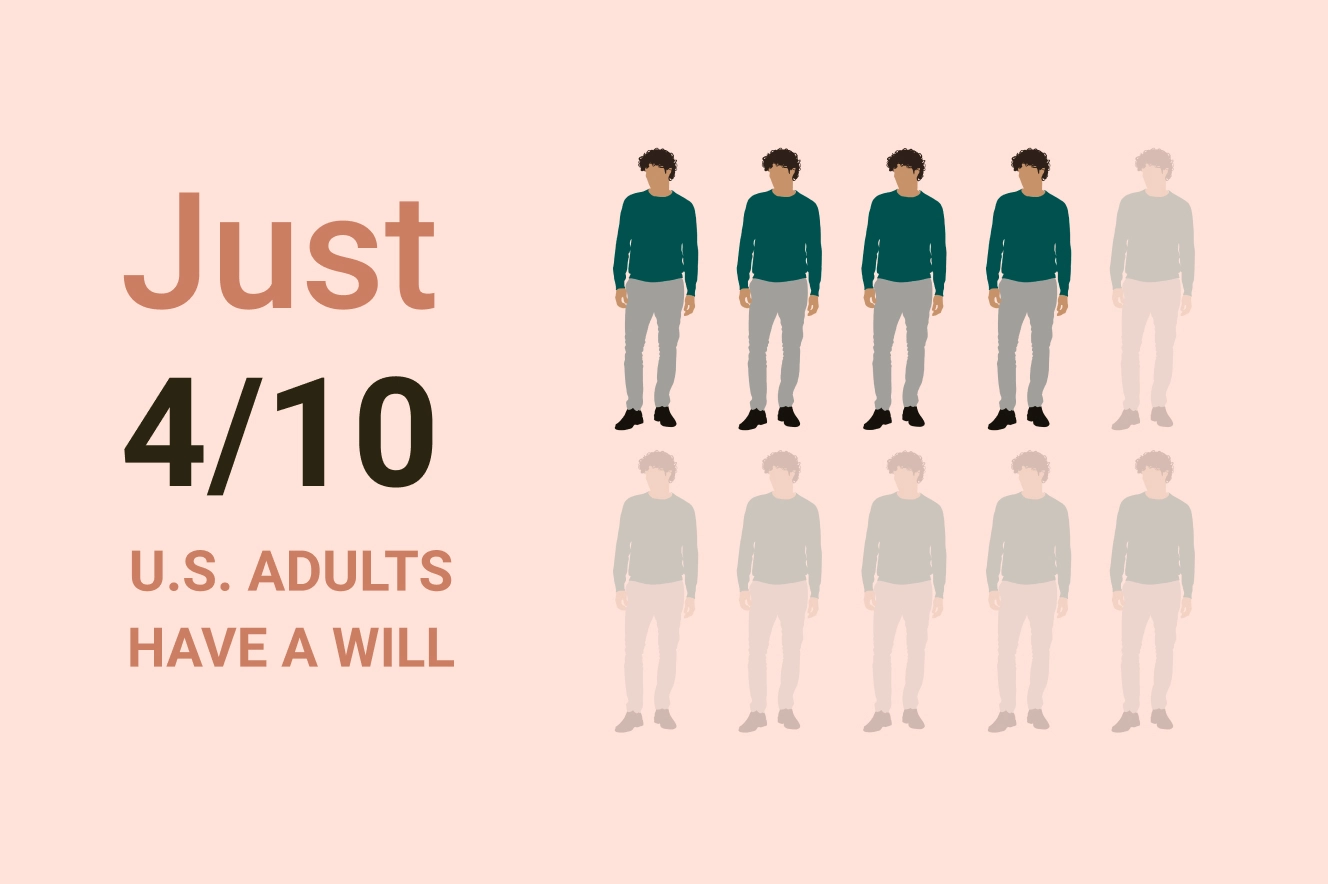
We Support Elderly Population by Providing Free Legal Forms Online
Planning and having the proper paperwork in place is imperative for any stage of life, especially for the elderly. As we get older, we set up businesses, buy property, get married, and watch our families grow. All these life events add layers of responsibility and tasks to take care of as we age.
While in the past, all business had to be taken care of at the appropriate institutions under the supervision of costly attorneys, that is no longer the case. With the rise of digital trends and the convenience of electronic paperwork, the elderly can significantly benefit from a simplified way of handling their estate, will, power of attorney privileges, and more.
Here are a few key ways in which online documents and forms can benefit the elderly population.
Online documents make estate planning simple
While nobody wants to think about their last will and estate planning, the end of life is a natural event that happens to all. Having the proper arrangements in place guarantees that funds are handled well and allocated according to the person’s wishes.
Estate planning is crucial for people of any age and especially for the elderly, as they statistically have less time at their disposal than younger folks. The process can be quite extensive and requires a lot of work. Estate planning entails the bequest of assets to the selected heirs and going over the person’s taxes to ensure that everything has been correctly filed and that there aren’t any outstanding sums to pay, including pending loans.

The process of estate planning requires the preparation of wills and trusts. One’s last will is the official choice of how one wants their possessions to be handled posthumously. The will is essentially the official order of the owner’s wishes. One of the most critical requirements for a will template to be prepared adequately and be valid is for the document to comply with the laws of the jurisdiction where it is created. That said, the process can be carried out entirely digitally, as this does not interfere with the validity of the will.
The trust is quite similar to the will. The major difference is that while the trust conveys the owner’s wishes, it also comes with legal obligations attached. When a property owner, for example, leaves a house to their grandchildren, they may attach a clause requiring the grandchildren to turn the said property into a museum, or fully renovate it if they wish to keep it.
A trust may represent a sum of money that is to be given to one’s kids under the condition that they, for example, graduate from university or get married. In case the heirs don’t fulfill those conditions, they will not be able to assume the money.

Furthermore, online documents and forms come with detailed instructions, transparently explaining how to prepare one’s last will.
In case an elderly person is nearing the end of their life and doesn’t have time to spend at law firms, online documents can be a time-efficient solution that carries all of the power its paper version would.
Online documents make the power of attorney transition seamless
One of the most pressing and vital issues for the elderly when it comes to documents is the power of attorney form (POA). The POA is the legal directive that allows a person of choice to exercise the owner’s will over their property, sign documents on their behalf, execute business deals, bank transactions, and more.
With the help of online documents and forms, an elderly person can quickly and easily grant power of attorney privileges to a family member, a friend, or a trusted advisor so that they could run their legal errands for them, without needing their physical presence. This is especially helpful if the elderly person requires hospital care and is unable to move freely.

Creating end-of-life care documents with online forms
The creation of a living will is one of the most vital steps in one’s legal resolution. A living will form determines whether the person wants to be kept on life support in case of a dire health condition or would prefer to stop their treatment, which most often leads to death soon after. With the help of online documents and forms, elderly people can create their own living will (also known as an advance directive), and rest assured that all will be under control in case their health deteriorates quickly and immediate action is needed.

Do not resuscitate orders explicitly prevent doctors from administering CPR if breathing stops, which is the usual first-response action. If the elderly person prefers to end their life when the time comes, a DNR order would be an appropriate solution.
It’s important that all the key end-of-life phase documents and forms are in place. In order to have peace of mind, the elderly can begin tying all loose ends at home with the use of their laptop.
- Deed forms: A deed form is a legal document that proves ownership of property. The elderly person might need this form in order to prove that they own their home or land.
- Elder Care Agreement Form: This document is a contract between the care provider and the elderly person. This form outlines the duties of the care provider and the rights of the elderly person.
- Care Providers PDF Forms: These forms are used by care providers to document the care they provide to the elderly person.
- Codicil to Will: It is a legal document that allows an elderly person to make changes to their will. This form is used to add or remove people from the will, or to change the order of succession.
By using online documents and forms, the elderly may save thousands of dollars in legal fees and valuable time that they would otherwise spend on going to the attorney’s office. Online forms allow for greater flexibility.
They can be accessed via a single platform on the Internet. Most don’t require any physical paperwork and can be signed electronically. All of that works to the advantage of elderly people who are hard of moving or require assistance to leave their homes. Most online documents and forms come with thorough explanations and manuals on how to be filled out so that the information is easily accessible to any age group.
FormsPal and Vehicle Owners – find out how FormsPal helps vehicle owners.